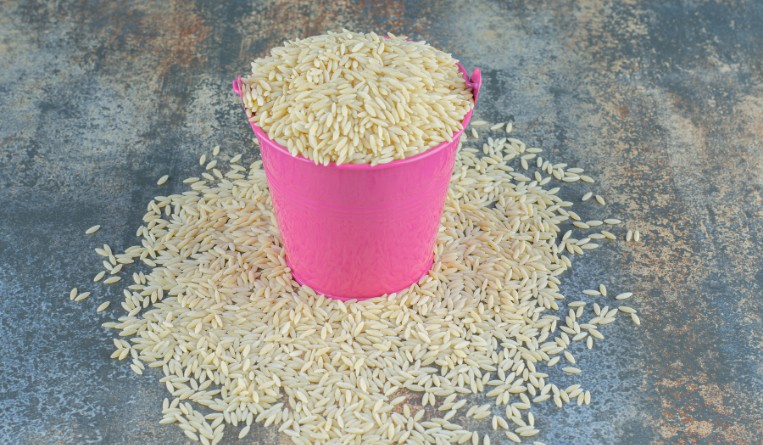India seeks exclusive trademark right for basmati rice in Sri Lanka
26 October 2021

The basmati rice saga involving India, Pakistan and intellectual property rights continues as India applied for exclusive trademark registration for the world-famous aromatic rice variety in Sri Lanka in September.
In 2018, India applied for a geographical indication (GI) right for basmati rice in the European Union. On September 11, 2020, the European Commission published the application, prompting Pakistan to prepare its opposition.
India outdid Pakistan again with its application for trademark registration in Sri Lanka. India is the world’s biggest exporter of basmati rice, earning US$6.8 billion annually from exports.

According to Rahul Govind, a partner at illuminIP in New Delhi, there have been several attempts by different business entities to secure IP rights for basmati rice.
One of these was private American company RiceTec. The Texas-based firm tried to secure patent rights for over 20 varieties of basmati rice in 1997. The company claimed to have developed a novel strain by inter-breeding the rice with another crop known as American basmati or Texmati. RiceTec officials also said these new varieties which they developed are better than the original basmati. Eventually, the firm acquired patent rights for only three varieties.
“I will say India is very late in filing the trademark application. This should have been done a long time ago,” said Govind. “India cannot take responsibility for the IP rights of other countries but it can safeguard their rights by exclusively claiming the rights so that companies like RiceTec do not infringe the exclusive rights vested in the aromatic rice or any other IP vested in any product which originates in India.”
Meanwhile, Pakistan agreed to export 6,000 metric tonnes of the fragrant rice to Sri Lanka every year under the Pakistan-Sri Lanka Free Trade Agreement. Overall, the country earns US$2.2 billion annually from global exports of basmati rice.
As with the GI right application in the EU, basmati rice exporters in Pakistan will be severely affected if India will be granted exclusive trademark protection for the product in Sri Lanka.
According to news reports, Rice Exporters Association of Pakistan former vice-president Taufiq Ahmed Khan said that India’s recent move is an attempt to damage Pakistan.

For Govind, Taufiq Ahmed Khan’s comments are political.
“I do not agree with these kinds of comments,” he said.
Govind further explained: “Indeed, Pakistan also contributes a significant amount in the export of basmati rice. India enacted Geographical Indication Act, 1999 after the RiceTec case. Pakistan was also opposing the RiceTec patent but they enacted Geographical Indication Act in the year 2020. After this enactment, Pakistan has obtained exclusive GI for their basmati rice but earlier, EUIPO has held that basmati belongs to both India and Pakistan. Consequently, India, in order to safeguard its IP rights, has to apply for trademark/GI wherever India supplies basmati rice otherwise India will lose its international market including exclusive right just because some other country applied for IP rights prior to India. The move of India is to protect the interest of the nation, the farmer who grows different varieties of basmati rice and the IP rights associated with it.”
Does he see India applying for IP rights for basmati rice in its other export markets in the near future, specifically those which are also Pakistan’s markets?
“Yes,” said Govind. “If India has applied for exclusive trademark rights in Sri Lanka, then India can move forward to register for trademark protection for basmati in every country where India exports basmati rice.”
And what of Pakistan? India beat it to the door by being the first to apply for a GI tag for basmati rice in the European Union. It has done it again with its trademark application in Sri Lanka. Has Pakistan been lax in terms of seeking IP protection for its export product?
“It appears that Pakistan had been lax in seeking trademark rights over basmati rice in Sri Lanka, and possibly in other jurisdictions,” said Hasan Irfan Khan. “Pakistan needs to act fast and effectively.”
Yet, for Khan, it cannot be said that Pakistan appears to not have learned its lesson well from the basmati rice-India-EU incident.
“I think Pakistani authorities are cognizant of the facts and may have their own internal reasons for some lack of action at certain point which cannot be attributed to them to say that there is a general lagging behind,” he explained.
Espie Angelica A. de Leon






